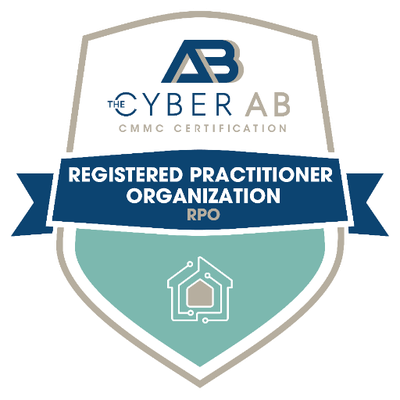
I think everyone would agree that IT support has therapeutic results. Technology that isn’t working slows your business down and impacts your workforce and your customers. Uncovering answers/solutions and getting through the drama is a total relief. Consider the parallels between IT support and mental health:
When you have a tech problem, IT support experts leverage years of experience in and out of your industry to resolve serious issues. Therapists do the same. They require analysis, critical thinking, and perception to come up with the right solutions to solve your specific issues. Let’s keep going.
Listening is important in IT support and therapy. Your IT support partner listens to you to understand what’s wrong with your technology so that they can help you. Therapists listen to your feelings and thoughts to understand what you’re going through. It’s a universal truth—when people listen and ask the right questions, the gained understanding helps them help you. It helps them give you the most satisfactory support.
And support isn’t just about fixing things—it’s about offering comfort. IT support in Columbus, or anywhere, is about recognizing the importance of helping people feel better when technology frustrates them. IT support must be patient, and understanding, and make you feel more at ease. In therapy, you get that same emotional support to help you feel safe and understood.
Trust is fundamental in both areas. When you ask for help with your business systems, you trust IT support experts to handle your problem professionally and keep your information private. In therapy, trust is crucial too. You need to feel comfortable sharing your struggles with your therapist so they can help you better. Building trust helps everyone work together effectively.
IT support and therapy focus on prevention. IT support experts not only fix existing issues they also show you how to avoid them in the future. They teach you about backing up your data, updating your devices, and keeping your passwords safe. Therapists too, teach you skills to manage your emotions and take care of yourself. Learning helps you handle every challenge better.
Understanding the similarities between IT support and therapy makes support more caring and enjoyable. The problem-solving skills, listening, empathy, trust-building, and teaching in both fields make a difference in how we navigate technology and our emotions.



